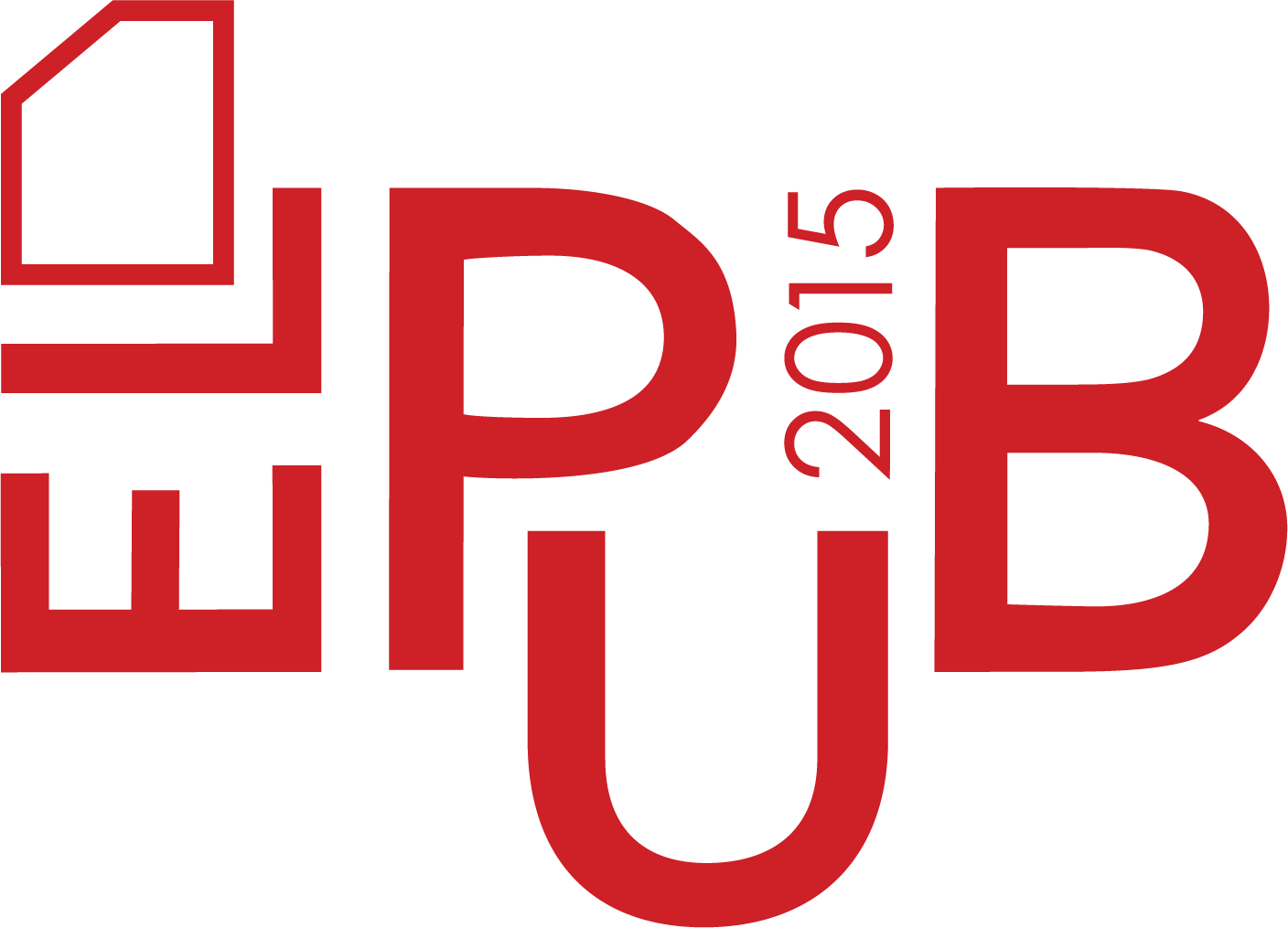Avenues for engagement with digital collections
- User engagement (strategies and trends, incentives, models for participatory projects/experiments, data quality and management, open science)
- Methods for crowd-sourcing contributions (demonstrations, platforms, open annotation, games)
- Disciplinary views on public participation in the digitization of collections (e.g. biodiversity, geography, history, music, art, astronomy, languages)
- Enhanced research infrastructures and publishing environments (digital humanities, tools, workflows, interoperability, digital editions)
- Ethical and legal issues (authority, reliability, trust, copyright, authorship, privacy)
Publishing, access and reuse
- Publishing models (business and funding models, tools, services and roles)
- Open access (publishing solutions, mandates and compliance, licenses, recommendations, disciplinary initiatives)
- New publishing paradigm (data publishing and citation, open pre/post publication peer review, executable papers, nano-publications)
- Good practices and quality standards (authorship and contributor roles, cost transparency, management and monitoring of publication costs, new metrics for credit and attribution, reproducible research)
- Interoperability (metadata, identifier, vocabularies, repository integration, scalability, middleware infrastructure)
- Legal and ethical issues (security, privacy and copyright issues)
- Digital preservation (cultural heritage, content authentication, certification)
Data mining and knowledge discovery
- Text and data mining (natural language processing, text harvesting, dynamic formatting)
- Open Data, Open Linked Data (solutions, methods, tools, open data challenges)
- Association mining (knowledge linking, discovery, presentation)
- Visualization (clustering, graphs, knowledge maps, augmented reality)
- Legal issues (copyright, database rights, licensing, etc.)
Online social networks for scientific communication
- User behavior and personalization technologies (user studies, social tagging, recommendation services)
- Social interaction analysis (author collaboration trends, publication trends)
- Network analysis (modelling and visualization of science networks)
- Bibliometrics and Altmetrics (data appraisal, citation and attribution)
- Security, privacy and integrity (online ethics, privacy policies)
Submission
All submissions are subject to peer review. For each accepted paper, at least one author is expected to register for the conference to present the paper. Inclusion in the proceedings is conditional upon registration of at least one author per paper.
Moreover, upon submitting the workshop, tutorials and panels proposals, the proposers commit that in case their submission is accepted, all people involved (speakers, lecturers, panel members, etc.) will physically attend and coordinate it.
Papers submitted to this conference must not have been accepted or be under review by another conference or by a journal. The accepted papers will be published by IOS Press in a digital format open access conference proceedings book. Papers will be indexed in DBLP, Scopus and other abstracting and indexing services.
After the conference, selected papers will be published open access in the journal Information Services & Use (http://www.iospress.nl/journal/information-services-use/) under a Creative Commons license.
Furthermore, all accepted papers and posters will be archived at the Elpub Digital Library: http://library.elpub.net/. All contents published in the Elpub proceedings are distributed open access via the conference archive under the terms of the Creative Commons Attribution license, which permits unrestricted use, distribution and reproduction in any medium, provided that the original work is properly cited.
Paper submission and review will be managed via the EasyChair system. To submit a paper, please use the appropriate template and follow the specific instructions available at the conference website (http://www.elpub.net).
All papers, posters, workshop and tutorial proposals must be written in English and submitted via the Easy Chair submission system in PDF format.
Submission guidelines
For all submissions follow the IOS Press instructions and tools which are available at the following URL: IOS Press template
The initial submissions for full and short papers are of extended abstracts of 2-3 pages; for posters, tutorials and workshops please submit 1 page abstract. In the case of acceptance submissions should be developed according to the conference category as indicated below.
- Full papers (manuscript up to 10 pages)
- Short papers (manuscript up to 6 pages)
- Posters (abstract min. of 500 and max. of 1,000 words; manuscript up to 3 pages)
- Tutorials (abstract min. of 500 and max. of 1,000 words; manuscript up to 3 pages)
- Workshops (abstract min. of 500 and max. of 1,000 words; manuscript up to 3 pages)
- Demonstrations (abstract min. of 500 and max. of 1,000 words; manuscript up to 3 pages)
Scale, Openness and Trust: New Avenues for Electronic Publishing in the Age of Infinite Collections and Citizen Science
ELPUB 2015
